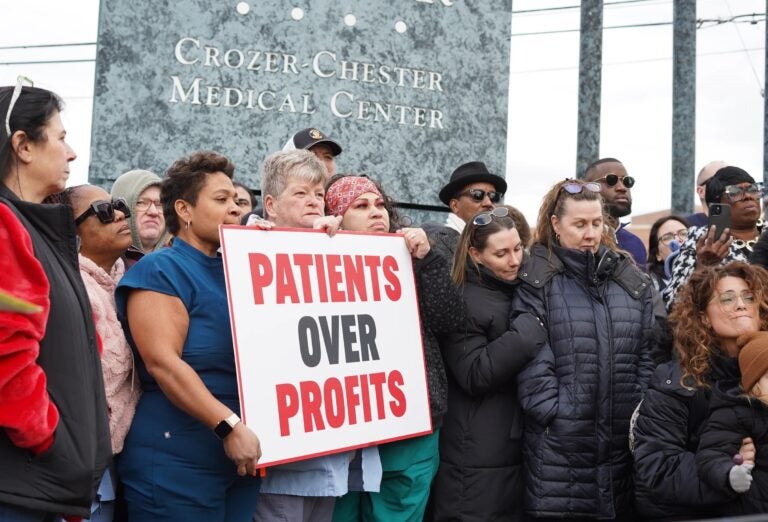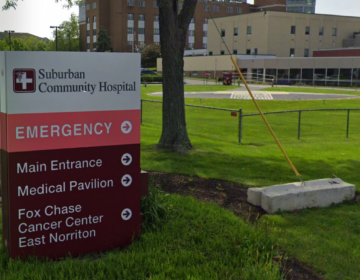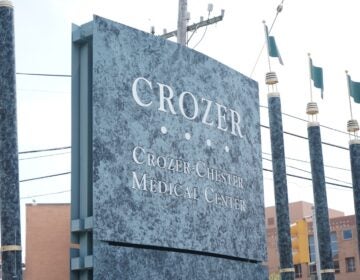Is private equity helping or hurting our healthcare system?
Critics of private equity say these companies are purely profit-motivated, putting dividends before patient care and safety. Proponents argue companies can improve efficiency.
Listen 52:00
File - Crozer Health staff protest outside of Crozer-Chester Medical Center in Upland, March 6, 2025. (Kenny Cooper/WHYY)
Last week, Crozer-Chester Medical Center shuttered its doors after California-based Prospect Medical Holdings, a private equity firm, announced the abrupt closure last month. The firm closed Crozer’s Taylor Hospital in Ridley a week earlier. The loss of the Crozer system in Delaware County means residents will have more difficulty accessing emergency and general healthcare.
Nearly 500 U.S. hospitals are operated by private equity firms; roughly 28% serve rural communities, not to mention all the physician practices, nursing homes, fertility centers, and rehab clinics.
Critics of private equity say these companies are purely profit-motivated, putting dividends before patient care and safety. And some studies show worse health outcomes in PE-owned facilities. But proponents argue that private equity companies can improve patient experience, cut costs, streamline care and bring innovation to the outdated and inefficient healthcare system. This hour, a private equity checkup. Is it helping or hurting our healthcare system?
Guests:
- Kenny Cooper, WHYY’s suburban reporter
- Yashaswini Singh, health care economist at Brown University
WHYY is your source for fact-based, in-depth journalism and information. As a nonprofit organization, we rely on financial support from readers like you. Please give today.






